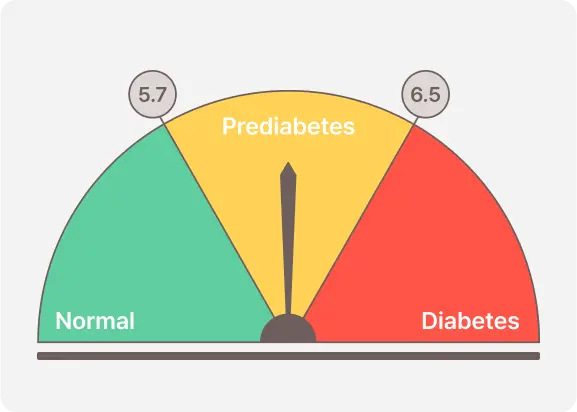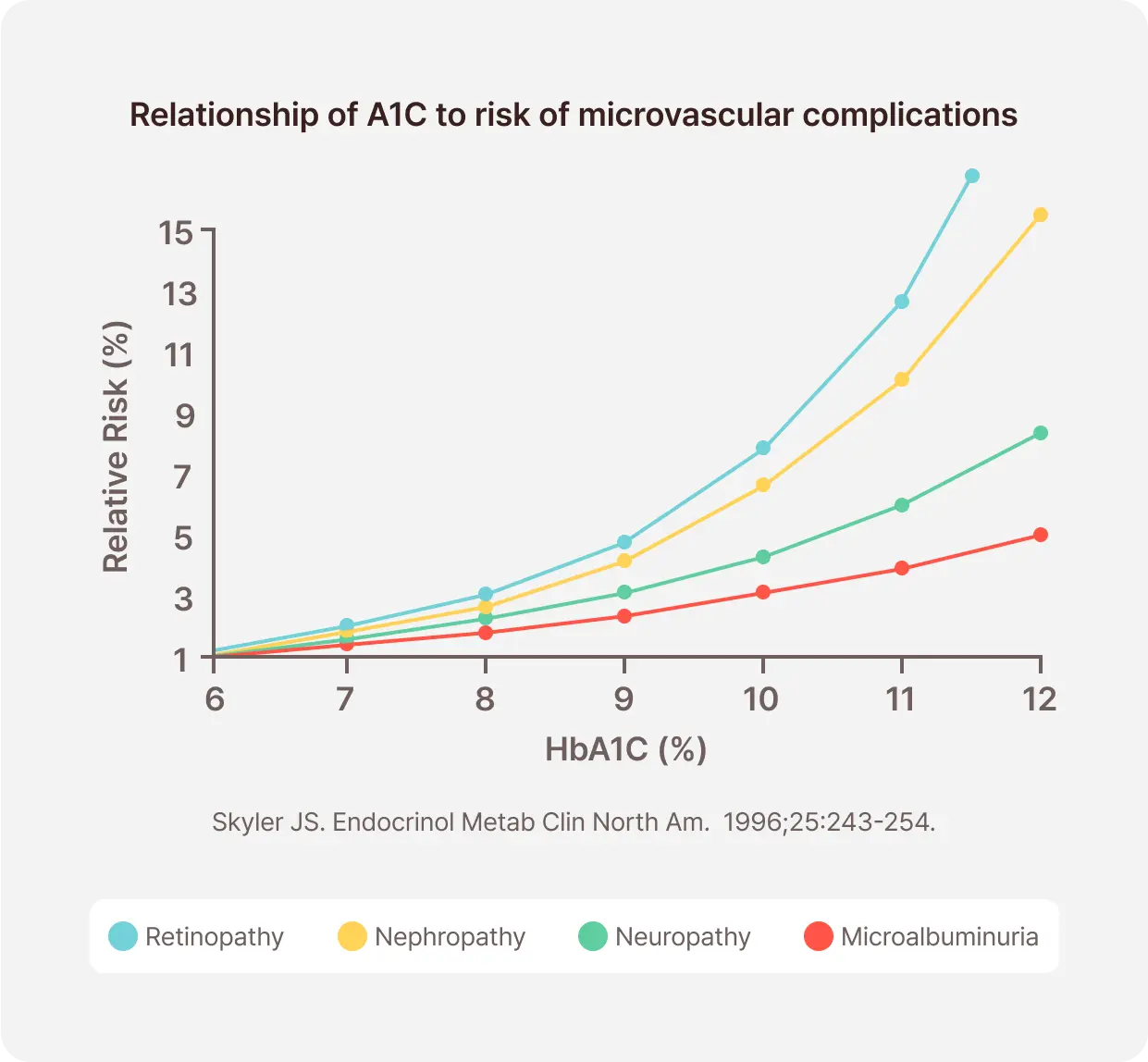
The higher the levels, the greater your risk of developing diabetes complications.
Unlike the glucose test, the A1C test does not require fasting before having blood drawn.
The OBM rapid A1c test allows a 5-minute A1C test at home using a fingerstick blood sample, offering laboratory-level accuracy.

Stay informed about our launch and get exclusive updates straight to your inbox. Fill out the form below, and we’ll make sure you’re among the first to know when OBM rapid A1c test hits the market.
"*" indicates required fields